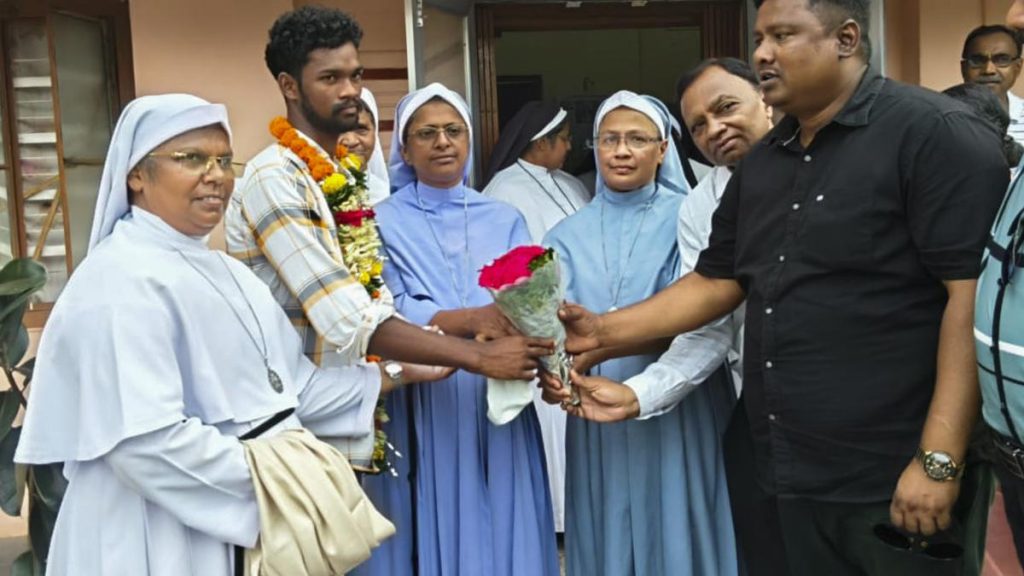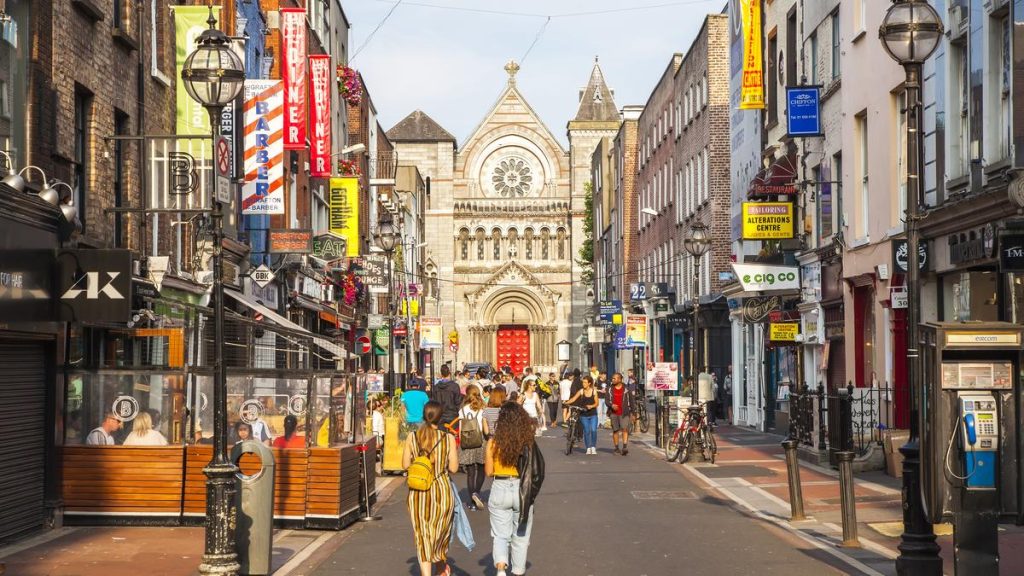Now Reading: RPI Leader Urges Andhra Pradesh Government to Conduct BC Census
-
01
RPI Leader Urges Andhra Pradesh Government to Conduct BC Census
RPI Leader Urges Andhra Pradesh Government to Conduct BC Census

Quick Summary
- The Republican Party of India (RPI) Andhra Pradesh unit expressed support for Backward classes (BCs) protesting in Vijayawada on Tuesday.
- RPI A.P. President Uppuleti Devi Prasad visited the BC dharna camp and criticized central and State government policies, alleging discrimination against SCs, STs, BCs, and minorities.
- He urged both governments to prioritize SCs, STs, and BCs in all spheres of public life.
- Mr. Devi prasad advocated for a BC census in Andhra Pradesh and called for adequate reservations for these communities in legislative bodies.
- He accused the TDP-led State government of failing to protect BC interests and not fulfilling election promises over one-and-a-half years.
Indian Opinion Analysis
The sit-in protest by Backward Classes underscores ongoing concerns regarding equitable representation and resource allocation among marginalized communities. The active involvement of RPI highlights political advocacy aimed at addressing systemic inequality faced by SCs, STs, and BC populations-a recurring debate in India’s socio-political discourse. Calling for a dedicated law protecting these groups alongside demands like conducting a caste-based census could inform policy decisions aimed at more targeted social welfare mechanisms.
The criticism directed at the TDP-led government raises questions about transparency between electoral promises versus post-election governance-an issue that resonates broadly across various states. While such protests amplify minority voices that often go unheard within dominant political frameworks,their ultimate efficacy depends on how governments respond substantively through legislation or reform initiatives.
























